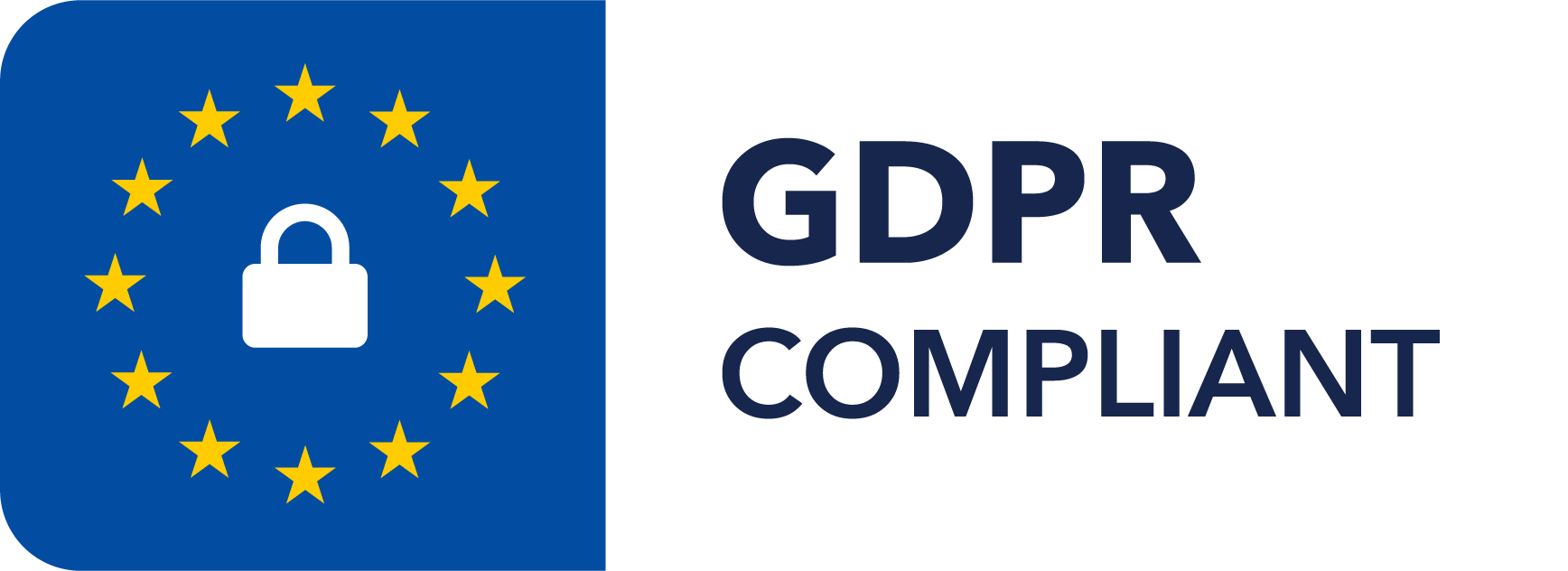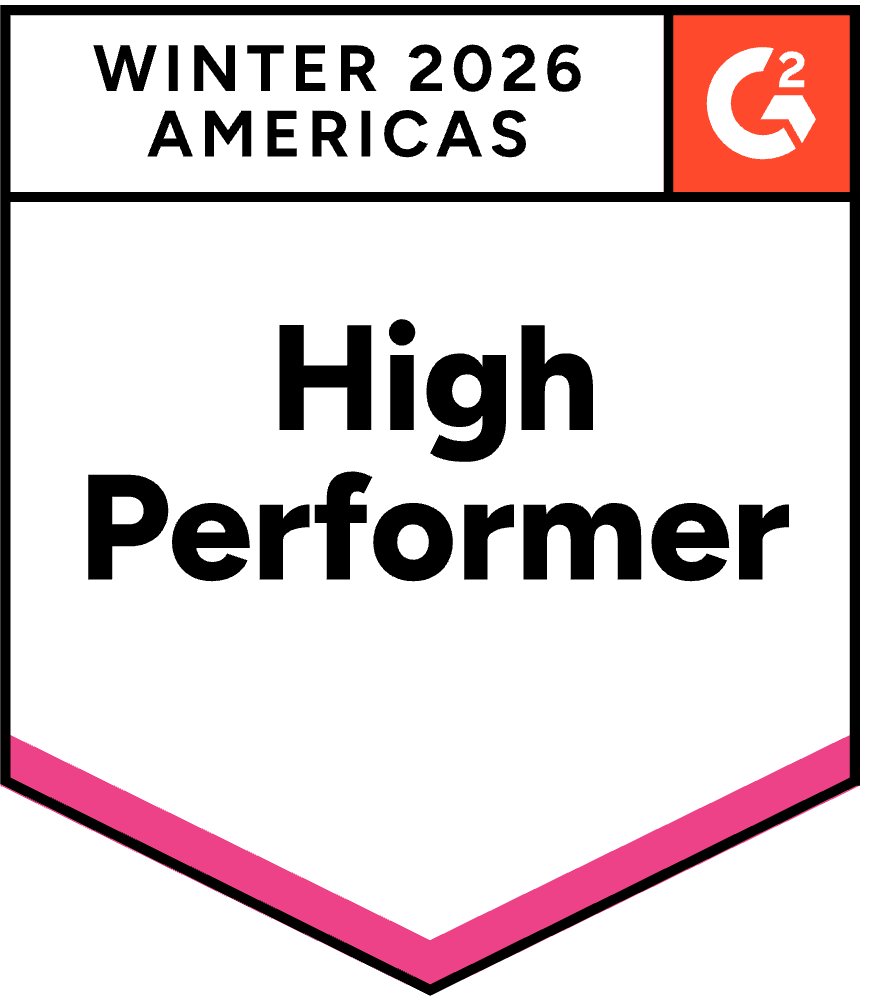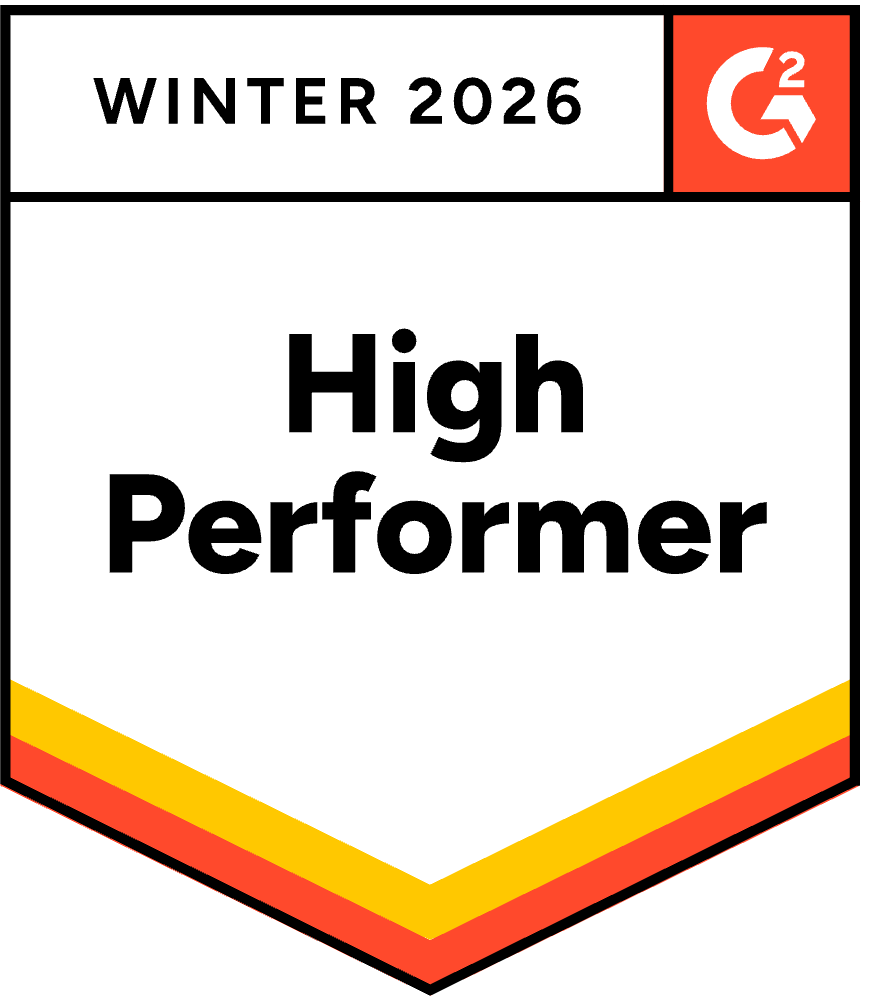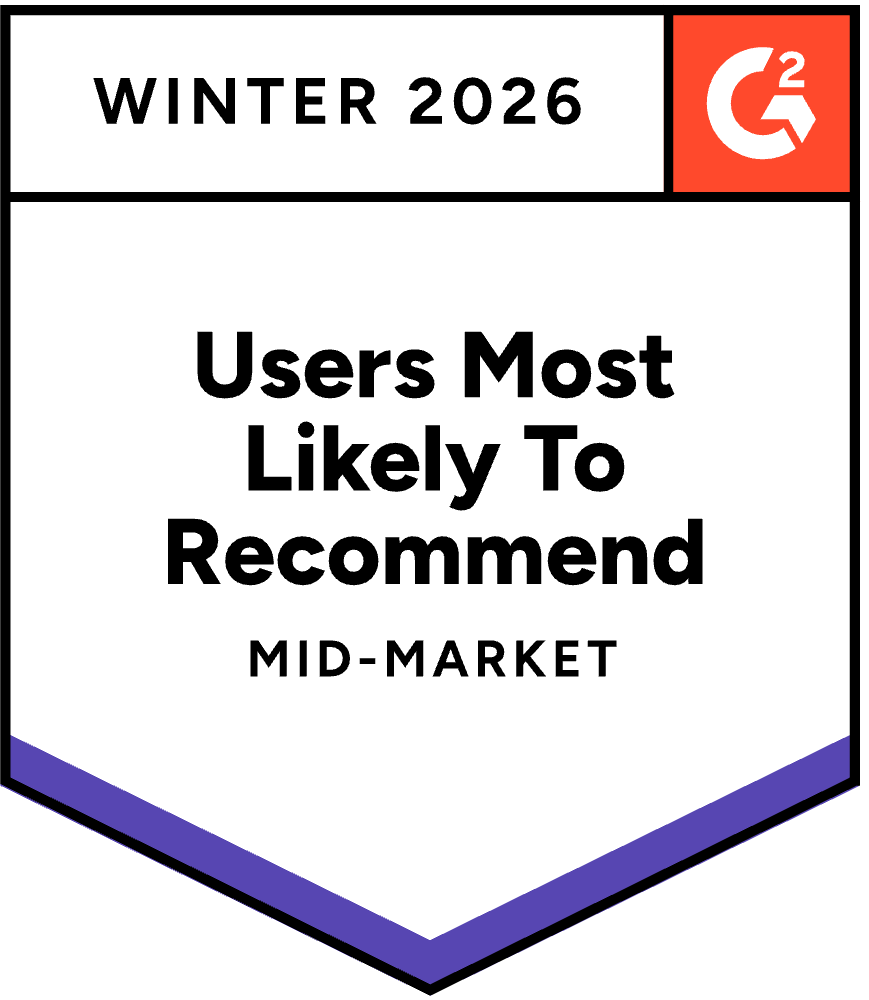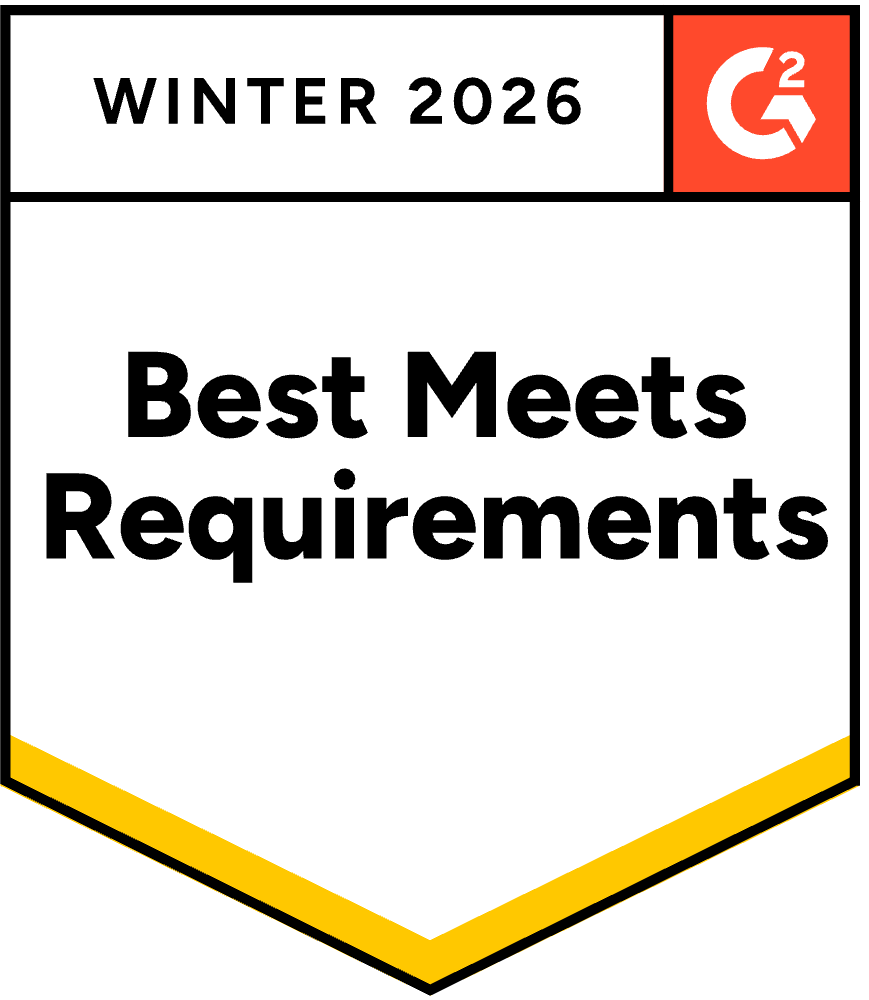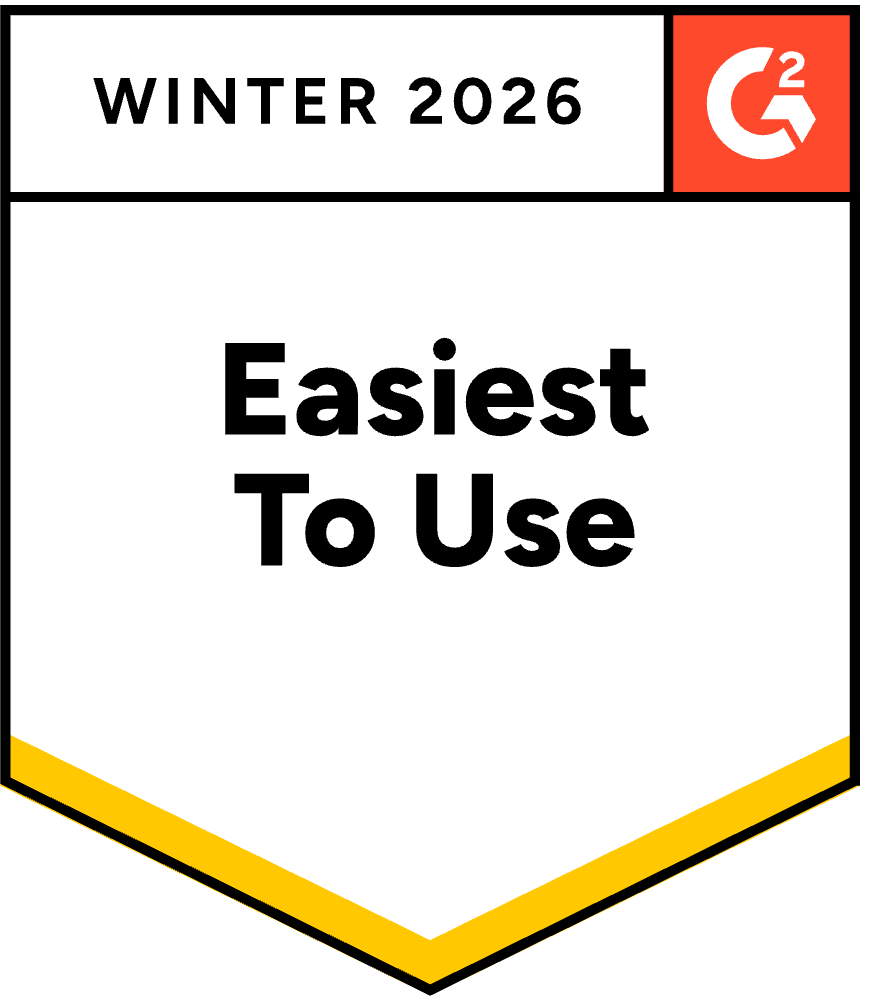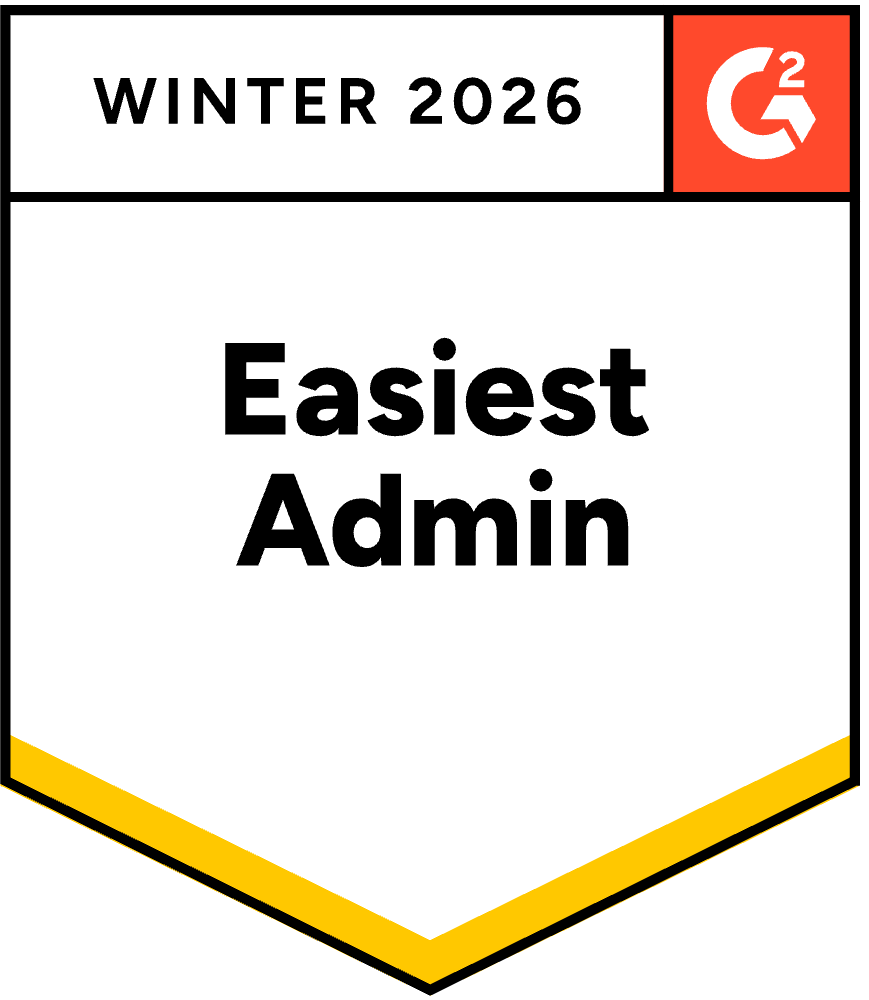Security Questionnaire Automation – Tools & Benefits
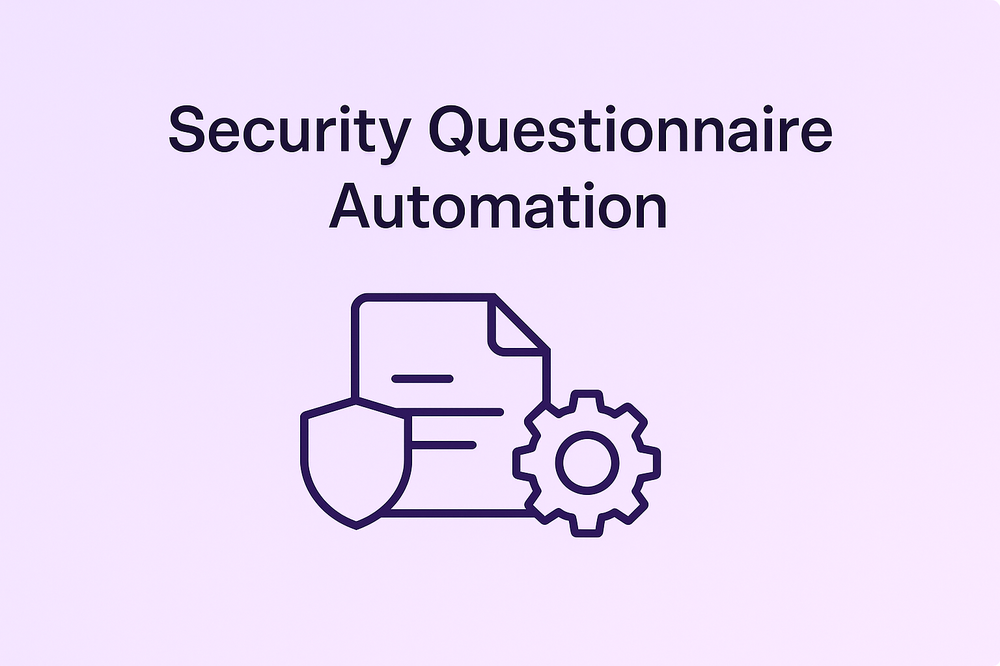
What Is Security Questionnaire Automation?
Security Questionnaire Automation refers to the use of software and AI to streamline the completion, management, and submission of security questionnaires during procurement and vendor assessments.
Instead of manually answering hundreds of security and compliance questions across spreadsheets, portals, and PDFs, automation tools centralize approved language, surface relevant responses, and route questions to the right subject-matter experts (SMEs).
Security questionnaire automation reduces manual effort, improves accuracy, and speeds up vendor onboarding — especially for B2B SaaS companies selling to regulated or enterprise buyers.
Learn how automation supports compliance in our guide:
What Is Proposal Automation?
Why Security Questionnaire Automation Matters
Security questionnaires are time-consuming and repeat-heavy. Without automation, teams face:
- Duplicated work across vendors
- Slow security reviews delaying deals
- Risk of inconsistent or outdated responses
- Dependency on internal tribal knowledge
- Compliance gaps when information isn't version-controlled
Automation ensures security, compliance, sales, and legal teams can work efficiently, maintain consistency, and respond on time — which protects pipeline velocity and reduces risk.
See how automation speeds technical security reviews in our post:
RFP Automation for SaaS Companies
Key Capabilities of Security Questionnaire Automation
Modern security questionnaire automation platforms often include:
- AI-powered answer suggestions from approved knowledge
- Knowledge base storage for recurring answers and evidence
- Version-controlled language tied to security frameworks
- Framework mapping (SOC 2, ISO, NIST, etc.)
- Document & portal ingestion (Excel, Google Sheets, PDFs, web portals)
- Collaboration & approval routing across security, legal, and sales
- Audit trails for compliance and due diligence
Automation does not eliminate human review — it systematizes and accelerates it.
Who Uses Security Questionnaire Automation?
Security questionnaire automation supports:
- Information Security & GRC teams
- Compliance and Legal teams
- Vendor Risk & IT Governance teams
- Sales Engineering and Solutions teams
- Procurement teams responding to inbound questionnaires
For fast-growing software companies, automation becomes essential as deal volume and enterprise requests scale.
Benefits
Teams see improvements across:
- Speed — faster vendor approval and shorter sales cycles
- Accuracy — consistent, compliant responses
- Control — centralized ownership and auditability
- Scalability — ability to support more questionnaires without expanding headcount
- Efficiency — reduced manual searching, messaging, and rewriting
Frequently Asked Questions: Security Questionnaire Automation
What is security questionnaire automation used for?
Security questionnaire automation helps organizations complete, manage, and submit vendor security questionnaires faster and more accurately. Instead of manually re-answering similar questions, teams use approved, version-controlled responses stored in a centralized knowledge base.
Who benefits from security questionnaire automation?
Information Security, GRC, Legal, Compliance, and Sales Engineering teams all benefit. It’s especially valuable for SaaS companies that regularly undergo security reviews as part of enterprise procurement.
How does automation improve the security questionnaire process?
Automation reduces repetitive manual work by suggesting relevant, pre-approved answers and routing questions to the correct SMEs for review. This ensures faster turnarounds, greater consistency, and fewer compliance gaps.
Does automation replace human reviewers?
No. Automation handles repetitive tasks like data retrieval, formatting, and submission—but human oversight remains essential to validate accuracy, context, and alignment with client requirements.
What compliance frameworks does automation support?
Leading tools map responses to frameworks like SOC 2, ISO 27001, NIST, and GDPR, ensuring consistent answers across all questionnaires and vendor assessments.
Can automation handle different questionnaire formats?
Yes. Platforms like Iris Pro can ingest and export data across Excel files, PDFs, and web portals, allowing teams to respond in whichever format the buyer prefers.
Why is security questionnaire automation critical for SaaS companies?
As SaaS vendors scale, they face increasing volumes of enterprise security assessments. Automation ensures they can maintain speed and accuracy without sacrificing compliance or delaying revenue.
What are the main benefits of implementing automation?
Organizations experience:
- Faster response times and shorter sales cycles
- Consistent, compliant, and auditable answers
- Centralized ownership of approved language
- Scalability without additional headcount
Related Reading
- What Is a Security Questionnaire?
- What Is SOC 2?
- What Is Proposal Automation?
- RFP Automation for SaaS Companies
Explore Examples of Use Cases
- Security Questionnaire Automation for Cybersecurity & IT Security Providers
- Security Questionnaire Automation for Ecommerce & Retail Technology Providers
- Security Questionnaire Automation for HR Tech & Payroll Platforms
- Security Questionnaire Automation for Fintech & Financial Services Vendors
- Security Questionnaire Automation for Cloud & DevOps Platforms





